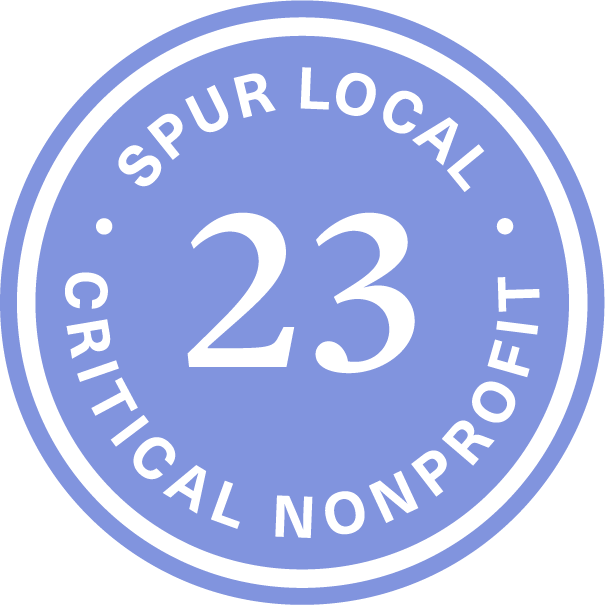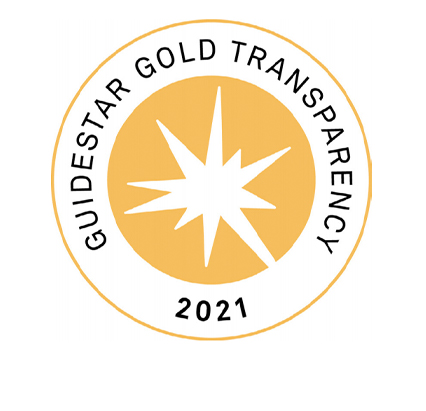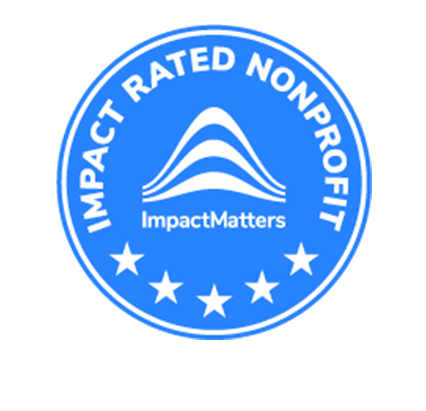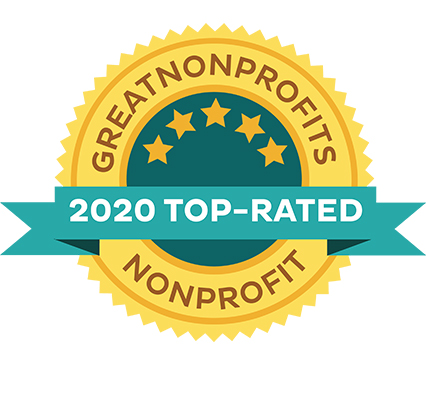(Cross-posted with National Alliance to End Homelessness Blog)
By Peg Hacskaylo, Executive Director, District Alliance for Safe Housing
 Trudy[1] had been living in an apartment with her boyfriend and their son for about 2 years when the abuse from her boyfriend became more frequent and more intense. She wanted to move out but couldn’t afford to live on her income from her job as a cashier at a local retail store. One night, when her boyfriend had another violent outburst, Trudy called the police. When they arrived, an advocate was with them to help her determine what services she needed. She said she couldn’t stay in their home because, if her boyfriend went to jail, she couldn’t afford the rent and, if her boyfriend was released, she wouldn’t feel safe there. So the advocate placed her and her son in a hotel paid for by compensation available to crime victims. She could stay at the hotel for up to 30 days while she tried to figure out what she would do.
Trudy[1] had been living in an apartment with her boyfriend and their son for about 2 years when the abuse from her boyfriend became more frequent and more intense. She wanted to move out but couldn’t afford to live on her income from her job as a cashier at a local retail store. One night, when her boyfriend had another violent outburst, Trudy called the police. When they arrived, an advocate was with them to help her determine what services she needed. She said she couldn’t stay in their home because, if her boyfriend went to jail, she couldn’t afford the rent and, if her boyfriend was released, she wouldn’t feel safe there. So the advocate placed her and her son in a hotel paid for by compensation available to crime victims. She could stay at the hotel for up to 30 days while she tried to figure out what she would do.
By her second week in the hotel, Trudy had called every resource given to her to find another place to live, to no avail. She finally went to the city’s intake center for homeless families but they told her that she wasn’t considered homeless because she wasn’t living in a shelter or on the streets. By the end of the month, Trudy went back to live with her boyfriend, who had been released from jail, because she had run out of time and had nowhere else to go.
But when her boyfriend’s abuse continued, Trudy again began searching for another place to live. She reached out to the local battered women’s shelters and was eventually able to get space for herself and her son for up to 90 days. When her time there was about to run out, she again went to the central intake center, only to be told that she was still ineligible for housing because the shelter she was living in wasn’t part of the city’s homeless housing system. Trudy left the shelter to live in a friend’s basement until she could figure out her next step.
Stories like Trudy’s are all too common in the District of Columbia and throughout the U.S. Women are one of the fastest growing groups of homeless people in the country (Goodman, Fels, & Glen, 2011), and domestic violence is a leading cause of homelessness among single women and women with children (National Coalition for the Homeless, 2005). In one large-scale study, 92 percent of homeless mothers reported experiencing sexual or physical abuse in their lifetimes (Browne & Bassuk, 1997). The limited availability of safe and affordable housing options frequently results in women falling into homelessness after exiting abusive situations (National Institute of Justice, 2008), and homelessness dramatically increases their risk of suffering episodes of sexual assault and other kinds of abuse (Goodman, Fels, & Glen, 2011).
When we founded the District Alliance for Safe Housing (DASH) in 2006, our initial plan was to create a safe emergency-to-transitional housing facility for survivors of domestic violence. At the time, the demand for housing for victims displaced from their homes was overwhelming and the resources to meet the need were scarce. The D.C. police annually received over 30,000 calls for domestic violence incidents and approximately 1,200 families were being placed in hotels for lack of available emergency shelter beds. There were then a total of 48 beds for women and children escaping abuse and fewer than 200 units of transitional and long-term housing for families exiting shelter.
We soon realized, therefore, that our primary objective would help only a fraction of those who needed it. We spoke to women on a daily basis who told us that they needed help not just accessing safe housing programs, but permanent safe housing. We heard from advocates that survivors needed help keeping their permanent subsidized housing or getting into affordable, rental housing. We needed a broader strategy to solve this problem.
Our strategy, a combined effort on three fronts to achieve greater housing accessibility for survivors from shelters to permanent housing, involves:
- Creating additional safe housing
- Facilitating access to existing housing programs
- Preventing victims’ fall into homelessness
Under this strategy we worked with homeless and housing providers to ensure their housing was accessible and safe for victims. We worked with landlords to ensure they didn’t inadvertently discriminate against victims in rental housing. And we worked with domestic violence service providers to help them advocate for victims in the District’s complex housing system. As our strategy developed, so did our programs, and soon we had a continuum of housing support for survivors, wherever they turn for help.
Notably, our strategy has evolved into something more than just creating more, and more responsive, housing for women and families. It’s become about changing the way we see the problem, which lies directly at the intersection of domestic violence and homeless/housing services. Because at that nexus there is a disconnect that creates a sort of double-jeopardy for victims – putting them further at-risk of homelessness and abuse. We learned that domestic violence service providers and homeless service providers function in numerous parallel ways – in the same jurisdiction, with many of the same sources of funding, and almost always serving the same clients – but generally remain siloed and apart.
Domestic violence service providers traditionally focus on crisis intervention with victims, with an emphasis on protecting them from the threat of violence. Homeless and housing providers traditionally have focused on protecting their programs from the potential for transience, in the belief that survivors of domestic violence won’t last in their programs because they will leave to reconcile with their abusers, and the threat of violence that survivors present, thereby screening survivors out of their programs. While these concerns may be legitimate, they may also serve to keep women in perpetually unstable situations or force them to return to abusive homes for lack of other safe housing options.
Fortunately, with the advent of Rapid Re-Housing and Trauma-Informed service models, both domestic violence and housing/homeless service providers have excellent tools to begin addressing this gap. At DASH, we help families move into permanent housing units straight from crisis and bypass the range of emergency, transitional, and permanent housing programs, allowing them to “transition in place” and facilitating moves for families at-risk of imminent violence to other units within the city. We also work with survivors to help them cope with the trauma they’ve experienced and regain a sense of self-determination. And all of this is accompanied by constant Wellness and Safety planning to help survivors effectively ensure their own safety from abuse.
The elimination of homelessness is the express goal of advocates, funders, and governments across the country and has been for a long time now. And while a good deal of progress has been made in getting individuals and families housed, preventing their fall into homelessness, and increasing the availability of options across the housing spectrum, victims of domestic and sexual violence have, until now, seemed to defy conventional wisdom. With these new models of service, this doesn’t need to be the case – not for Trudy or anyone else.
[1] Not her real name, based on a true story.


























